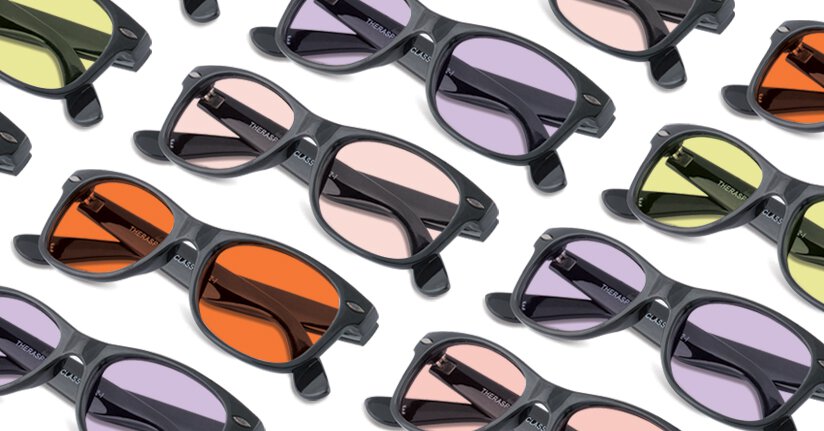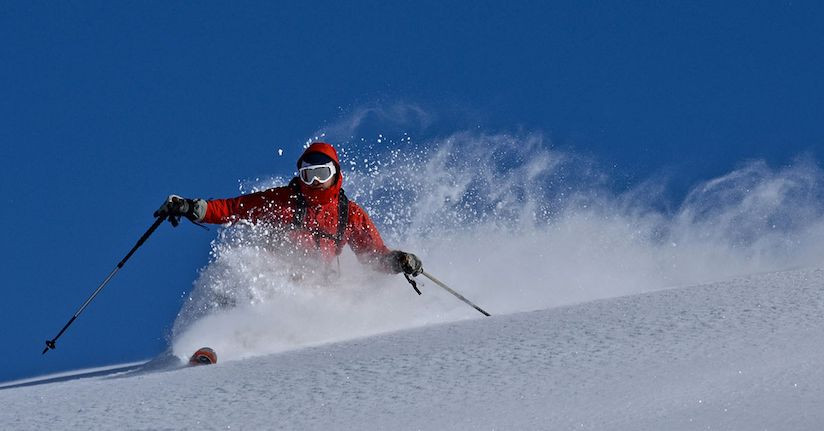Winter Sports and TBI
Millions of people enjoy winter sports like skiing, snowboarding, sledding, snowmobiling, and ice hockey each year. While these sports are great fun, they also bring a risk of concussions, which are a type of traumatic brain injury (TBI). A 2013 study of competitive skiers and snowboarders found that 81.6% of injuries to the head or face were concussions or nervous system injuries, 23.7% of which were classified as severe. TBI was the leading cause of death for these skiers and snowboarders. Freestyle skiers had the highest rate of TBI and more women than men incurred TBI while skiing.
You and your kids may not be professional athletes, but TBIs are still a risk for everyone engaging in winter sports. Fortunately, they can be prevented by learning about the signs and symptoms of TBI and following some simple guidelines. Always put safety first!
- Wear properly fitted protective gear that has been approved for the specific sport, including a helmet. Be sure to maintain the gear and to always wear it and wear it correctly.
- In hockey and other sports with one-on-one contact, make—and enforce!—rules that prohibit hits to the head and other dangerous plays.
- Learn and follow the safety protocols for each sport. Safety protocols and equipment can change from year to year, so get a refresher each year. Even a short session with an instructor can go a long way to preventing injury.
- Be aware of your surroundings to help avoid collisions with objects or other people. This includes staying on marked trails and not attempting tricks or trails that are beyond your skill level.
- Know the signs of TBI. It’s possible to get a
concussion without noticing any symptoms. If you or your loved ones have a blow
to the head, watch for any of these symptoms:
- Drowsiness
- Headache
- Nausea or vomiting
- Sensitivity to light and/or sound
- Changes in reaction time, balance, or coordination
- Changes in memory, judgment, speech, or sleep
- Loss of consciousness (though this happens in
less than 10% of TBIs)
If you notice any of these symptoms, see a health care professional immediately. Don’t worry about overreacting—when it comes to brain injury, you’re always best to err on the side of caution.
REFERENCES
Centers for Disease Control and Prevention (2014). Concussion in Winter Sports. Retrieved on Jan. 25, 2016 from http://www.cdc.gov/features/hockeyconcussions/.
Stephens, S. (2014). Quick Tips: Avoid Traumatic Brain Injury While Playing Winter Sports. Neurology Now, 10(1), 19.
TheraSpecs Glasses for Your Health
Try our therapeutic glasses and get relief for issues triggered by light, such as migraines, headaches, photophobia, concussion symptoms, seizures, eye health, and sleep.





